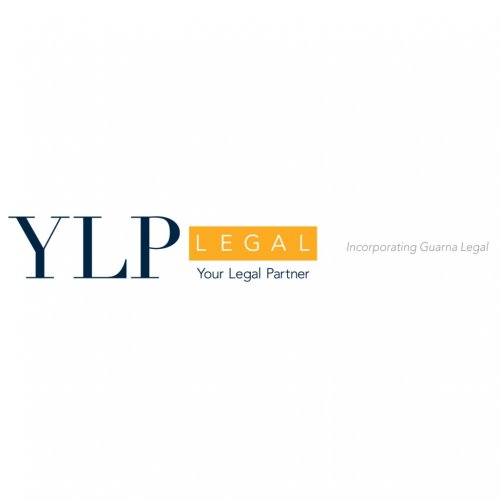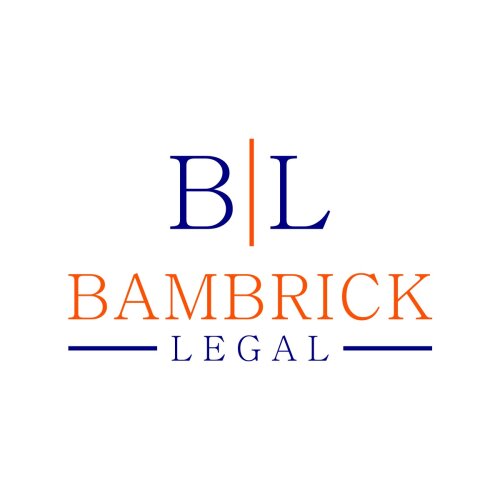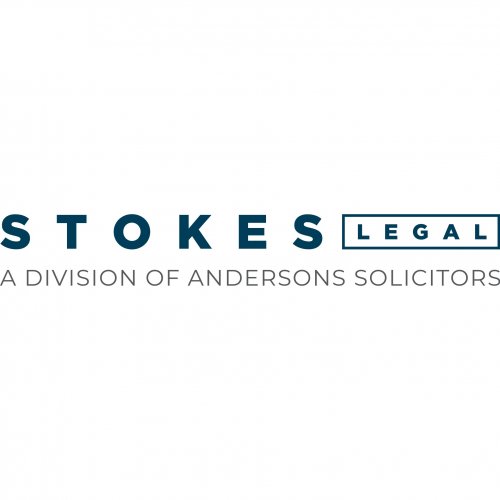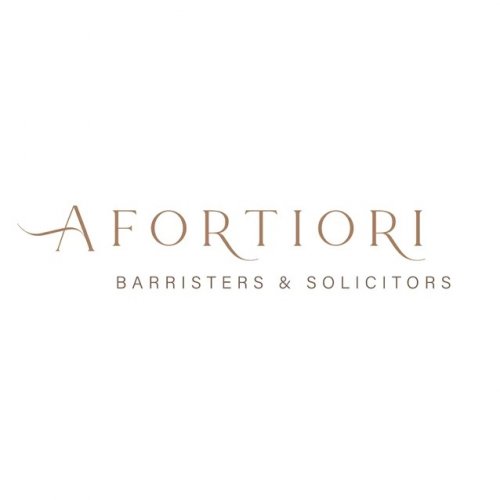Best Child Abuse Lawyers in Adelaide
Share your needs with us, get contacted by law firms.
Free. Takes 2 min.
Free Guide to Hiring a Family Lawyer
List of the best lawyers in Adelaide, Australia
About Child Abuse Law in Adelaide, Australia
Child abuse in Adelaide, Australia, is treated with utmost seriousness, recognizing the critical importance of safeguarding children and upholding their rights. In South Australia, where Adelaide is located, child protection laws are designed to prevent and address abuse, be it physical, emotional, sexual, or neglect. These laws aim to ensure the welfare and safety of children, facilitate prompt reporting of any abuse instances, and provide the necessary legal framework to deal with offenders. The legal system works in tandem with various governmental and non-governmental organizations to promote a safe environment for children.
Why You May Need a Lawyer
There are several situations where individuals may require legal assistance related to child abuse in Adelaide:
- If you are a parent or guardian accused of child abuse and need to defend your rights and innocence.
- For a parent attempting to protect their child from an abusive situation and seeking custody or intervention orders.
- If you are a mandated reporter (e.g., teacher, doctor) needing advice on reporting suspected abuse.
- When dealing with the legal processes involved in child protection cases, which can sometimes be complex and require expert legal guidance.
- For families involved with child protection services who wish to understand their legal rights and obligations.
Local Laws Overview
In South Australia, the Children and Young People (Safety) Act 2017 is the primary legislation governing child protection. Key aspects include:
- Mandatory Reporting: Certain professionals are legally required to report any suspicion of child abuse, with penalties for non-compliance.
- Child Protection Orders: The Department for Child Protection can seek orders from the Youth Court to protect children at risk of abuse.
- Investigation and Intervention: The law allows for investigation and intervention in cases where a child is suspected to be at risk, ensuring their immediate safety.
- Criminal Penalties: There are stringent penalties for offenders convicted of child abuse-related crimes, covering physical, emotional, and sexual abuse.
Frequently Asked Questions
What constitutes child abuse under South Australian law?
Child abuse in South Australia includes physical, emotional, and sexual abuse, neglect, and exposure to domestic violence.
Who is obligated to report suspected child abuse?
Doctors, teachers, police officers, and other professionals who work with children are mandated reporters and must report any suspicions of abuse.
How can allegations of child abuse be defended in court?
Defending against allegations requires a thorough legal understanding, potentially challenging evidence or proving that allegations are unfounded, often necessitating legal representation.
What steps follow the reporting of suspected child abuse?
After reporting, the Department for Child Protection may investigate, assess the child's safety, and take necessary actions including legal proceedings for child protection orders if required.
Can a child decide who they want to live with in cases of alleged abuse?
The court considers the child's best interests, including their wishes, but the child's full decision-making ability depends on their age and maturity.
How can a parent regain custody following false abuse allegations?
A parent must legally contest the allegations, often requiring substantial evidence and legal intervention, which a lawyer can assist with.
What rights do children have under South Australian child protection laws?
Children have the right to protection from abuse, a safe environment, educational access, and consideration of their views in legal proceedings affecting them.
What is the role of the Youth Court in child abuse cases?
The Youth Court handles cases involving the safety and welfare of children, including issuing orders to protect children and resolve custody-related matters.
What support is available for victims of child abuse?
Support includes counseling, intervention services, and legal aid, designed to help victims recover from trauma and ensure their safety.
Can parents appeal against child protection orders?
Yes, parents can appeal against child protection orders, and legal guidance is advised to navigate the appeal process effectively.
Additional Resources
Several resources can assist those dealing with child abuse issues in Adelaide:
- Department for Child Protection: Offers intervention services and support for children at risk.
- Legal Services Commission of South Australia: Provides legal advice and assistance, including for child protection matters.
- Child Abuse Report Line (CARL): A hotline to report child abuse and safety concerns.
- Women's and Children's Hospital: Offers treatment and support services for affected children.
- Protective Practices for Staff in their Interactions with Students: Guidelines to help protect both children and educational staff.
Next Steps
If you require legal assistance with child abuse matters in Adelaide, consider the following steps:
- Consult with a Specialist Lawyer: Contact a legal professional specializing in child protection law for guidance specific to your situation.
- Gather Relevant Documentation: Collect all relevant documents and evidence pertinent to the case, including reports, medical records, and any previous legal correspondence.
- Explore Legal Aid Options: Check your eligibility for legal aid to support your case financially.
- Reach Out to Support Services: Utilize available support services for guidance and assistance through the legal process.
- Understand Your Rights and Obligations: Educate yourself about your legal rights and obligations regarding child protection laws.
Lawzana helps you find the best lawyers and law firms in Adelaide through a curated and pre-screened list of qualified legal professionals. Our platform offers rankings and detailed profiles of attorneys and law firms, allowing you to compare based on practice areas, including Child Abuse, experience, and client feedback.
Each profile includes a description of the firm's areas of practice, client reviews, team members and partners, year of establishment, spoken languages, office locations, contact information, social media presence, and any published articles or resources. Most firms on our platform speak English and are experienced in both local and international legal matters.
Get a quote from top-rated law firms in Adelaide, Australia — quickly, securely, and without unnecessary hassle.
Disclaimer:
The information provided on this page is for general informational purposes only and does not constitute legal advice. While we strive to ensure the accuracy and relevance of the content, legal information may change over time, and interpretations of the law can vary. You should always consult with a qualified legal professional for advice specific to your situation.
We disclaim all liability for actions taken or not taken based on the content of this page. If you believe any information is incorrect or outdated, please contact us, and we will review and update it where appropriate.

















